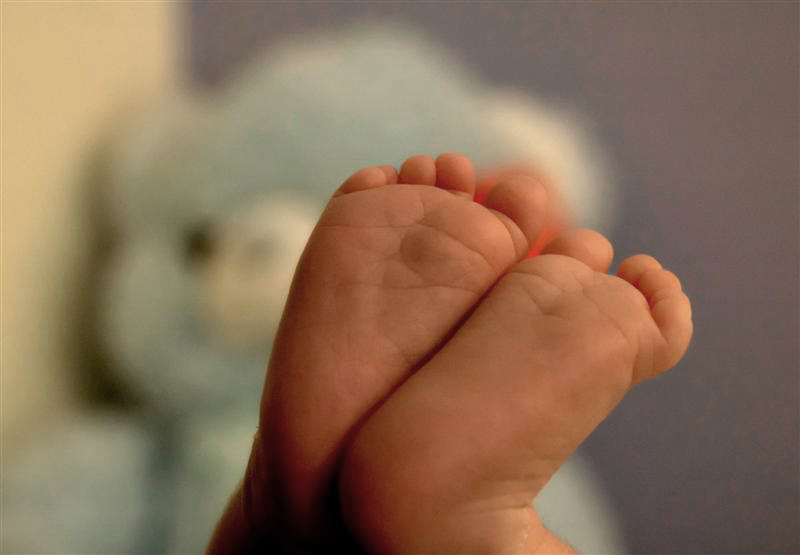Will Genetic Screening Lead to Designer Babies?
“Designer babies.” The term has developed a stigma around the world as a result of negative sentiments toward the alteration of a fetus’ genetic makeup in order to create more favorable characteristics. The majority of genetic screening and alteration today has to do with the elimination and detection of serious diseases, not cosmetic characteristics. As technology improves, however, many people worry about how genetic screening and alteration will negatively affect the future of the human race. Discrimination, bias, and partiality are all factors that must be considered when dealing with altering an individual’s unique personal characteristics.
Genetic screening and detection has benefited a large number of parents and children, and has allowed for the elimination of sometimes deadly and/or life-altering diseases. As this process becomes more commonplace and advanced, some doctors and specialists are beginning to worry that there is no way to avoid the alteration of a fetus’ cosmetic and physical characteristics, simply because parents are biased toward certain types of children. Jen Christensen discusses this slippery slope in an article titled “The slow crawl to designer babies.” Some doctors argue that the alteration of non-life threatening physical characteristics is inevitable, and that there must be some kind of regulation in place to monitor what alterations and how much alteration takes place. As parents choose to alter their child’s genetic make-up in ways that will make them more physically attractive, discrimination against those who are not as physically attractive could increase substantially.
Other doctors and individuals in the field argue that the alteration and screening of a person’s genetic make-up will forever be beneficial and is unlikely to create problems. According to these individuals, the benefits from genetic screening and alteration outweigh the potential flaws. Because we are able to predict which diseases an individual is prone to acquiring in his/her lifetime, we are able to potentially save them from a life of pain and suffering. As the technology behind genetic screening and alteration improves, prices will arguably decrease, which would lead to the availability of these services to the large majority of the population. These supporters of genetics alteration would likely argue that the alteration of physical characteristics will not affect the population in a substantial enough way as to create any major problems.
How might we regulate the alteration of a potential person’s genetic make-up but remain ethically correct in doing so? Is the ability to pay to alter a fetus’ physical characteristics going to create even more discrimination and an even greater divide between economically opposite demographics?





